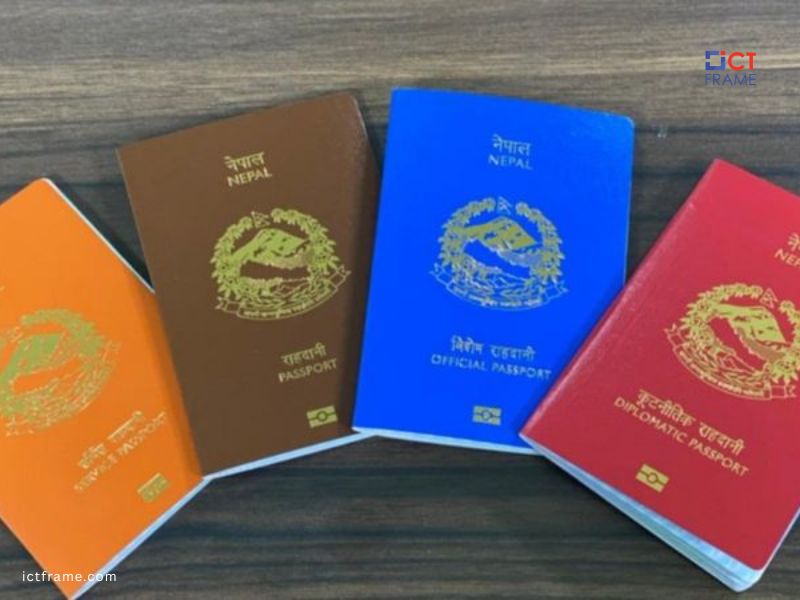Nepal Government Prepares to Block Passports of Top Political Leaders
Nepal Government
26th September 2025, Kathmandu
In a significant and unprecedented move, the Nepal government is reportedly preparing to block the passports of several prominent political figures.
Nepal Government
The individuals targeted include former Prime Ministers KP Sharma Oli and Pushpa Kamal Dahal ‘Prachanda’, as well as Home Minister Ramesh Lekhak and former Prime Minister Sher Bahadur Deuba, along with his wife Arzu Rana Deuba.
This action, which has sent shockwaves through the political establishment, is being pursued under the authority of the Passport Act 2076.
Officials have confirmed that the process is underway as part of ongoing investigations into serious charges, including corruption, property laundering, and the recent violent crackdown on the Gen-Z protest movement. This development underscores a new government stance on accountability for political elites.
The Legal Basis for the Action
The Passport Act 2076 provides a clear legal framework for such measures. Section 16 of the Act empowers the government to suspend or block the passports of individuals who are under investigation for various offenses.
This includes crimes related to corruption, money laundering, and other serious criminal activities. By invoking this Act, the government is signaling its intent to hold even the most powerful figures accountable for their alleged actions.
The process is being managed by the relevant authorities, with coordination between the Department of Passport and the investigating bodies.
This legal mechanism is a powerful tool to prevent key suspects from leaving the country while investigations are ongoing. By restricting their international travel, the government ensures that these individuals remain available for questioning and legal proceedings.
The move is a strong message that no one is above the law, regardless of their political position or influence. It also reflects a growing public demand for transparency and justice, especially in cases that have a direct impact on the public and the nation’s democratic integrity.
Probing Serious Allegations
The decision to block passports is directly linked to multiple high-profile investigations. One of the primary reasons is the violent crackdown on the recent Gen-Z protests.
The protests, which were a manifestation of widespread frustration with corruption and governance, resulted in a tragic loss of life, with 21 people killed and over 700 injured.
The government is under immense pressure to hold those responsible for the excessive use of force accountable. The investigation aims to determine who gave the orders for the crackdown and whether the actions were legally justifiable.
The blocking of passports is a necessary step to ensure that potential suspects from the political and security sectors do not flee the country.
Additionally, the investigations also pertain to allegations of corruption and property laundering. These are long-standing issues that have plagued Nepali politics, and the government’s current action suggests a renewed commitment to tackle them head-on.
The public has been vocal about these issues, and the government’s response indicates that it is taking these concerns seriously. The move is a test of the government’s will to prosecute powerful figures, a challenge that many previous administrations have failed to meet.
Public and Political Reaction
The news of the impending passport block has created a stir in political circles and among the public. While many citizens, especially the youth who participated in the protests, are welcoming the move as a sign of progress and accountability, some political quarters are denouncing it as a politically motivated witch hunt.
However, the government has maintained that the action is purely a legal matter and is not aimed at any particular political party or individual.
This development marks a new phase in Nepal’s political landscape, where the rule of law is being asserted over political power. It serves as a stark reminder to all public officials that their actions will be scrutinized and that impunity will not be tolerated.
As the process unfolds, the eyes of the nation will be on the government to see if it follows through with its commitment to justice and transparency.
The outcome of these investigations and the fate of the passports of these top leaders will be a defining moment for Nepal’s political and legal systems.
For more: Nepal Government







